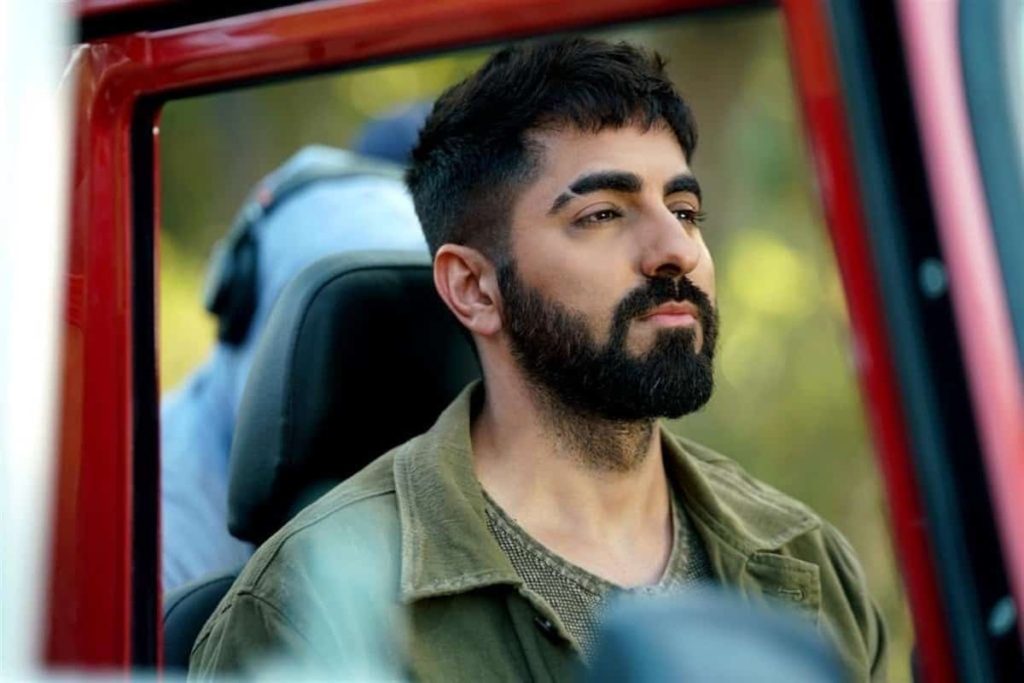Ayushmann Khurrana reunites with his Article 15 collaborator, director Anubhav Sinha, for an equally hard-hitting, almost abrasive film in Anek, which focuses on a subject rarely shown in Indian mass media: the unrest between the North-East ‘Seven Sisters’ states and the government of India.
Aman, who goes by the alias of Joshua (Ayushmann Khurrana) is an Indian intelligence agent operating in the North-East, trying to root out the head of the mysterious Johnson organization, which is a rebel group Aman himself propped up to force the leader of the largest rebel group, Tiger Sanga (Loitangbam Dorendra) to come to the negotiation table with the Indian government. As part of his investigation, Aman has gotten close to Aido (Andrea Kevichüsa), a champion-level boxer who wants to represent India on the international level despite being looked down upon and marginalized by some of the superior staff and trainers in the national boxing association. Her father, Wangnao, runs schools for the Johnson organization, but Aman suspects he might have deeper connections to the rebel group. Meanwhile, Niko (Thejasevor Belho), the son of an operative working for Aman, eventually becomes a rebel fighter as his group clashes with Tiger Sanga’s faction.

Anek is definitely not your average Bollywood masala entertainer.
It has hefty themes, deals with a lot of ambiguity, and takes a decidedly skeptical view of the government and the modern Hindutva brand of patriotism on display both in reality and mainstream Bollywood flicks. However, it doesn’t tell its story in the most effective way, with Ayushmann Khurrana’s Aman being more of a cipher that drives the plot forward than a proper protagonist. While Khurrana turns in a good performance as expected, as do newcomer Andrea Kevichüsa as the defiant Aido and Manoj Pahwa as Abrar Sir, the shrewd- and sometimes irritated- spymaster.
However, the story feels disparate, like a panel of disparate images about the North-Eastern situation that doesn’t gel together to become a clear portrait.
The main subplot, featuring Niko, is harrowing but soon becomes overwrought. The dialogue is also too tangled in Sinha’s views about the topic to feel natural and conversational.
Furthermore, Anek never focuses on a specific state or region of North-East India, which feels like the Bollywood equivalent of a movie set in a generic African country about poverty and the lasting effects of colonization. The points made in the film are hard-hitting, but they are dropped with the force and nuance of a sledgehammer. Despite the strong performances mentioned earlier and some gorgeous cinematography by Ewan Mulligan, Anek could be the poster child of why representation for representation’s sake can not only be ineffective, but downright harmful in some cases.
Still, if you want to watch a thought-provoking Indian espionage flick that treads a different path than rah-rah patriotic films, then you can give Anek a try. Just be prepared to find a movie that’s struggling to find what it’s trying to say, which is ironic, given that it tries to say a lot of things.